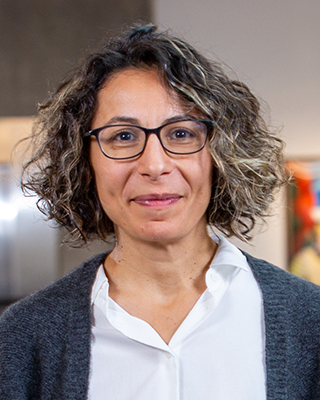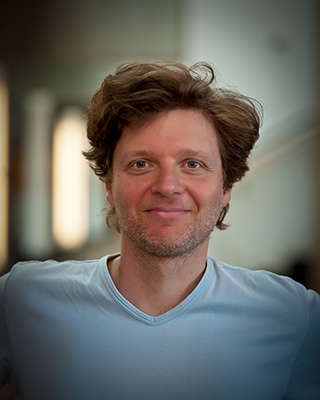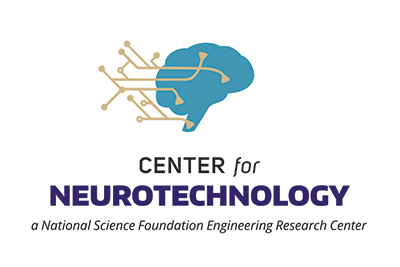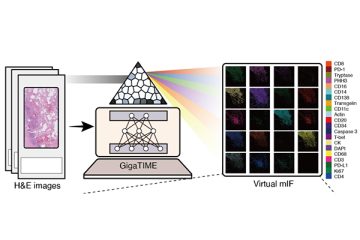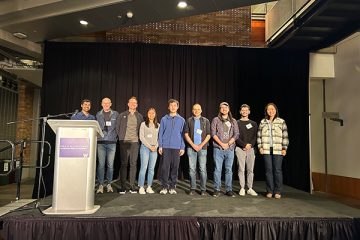When imagining the future of technology, sometimes all we need to do is look out the window — or into a microscope.
Our researchers take inspiration from nature to redefine what a computer can be, from data storage using synthetic DNA, to sensors modeled on insects and leaves. We also advance technologies to help solve biology’s biggest mysteries, such as computational approaches for understanding the mechanisms of disease and brain-computer interfaces that can restore or augment physical function and mobility.
Research Groups & Labs
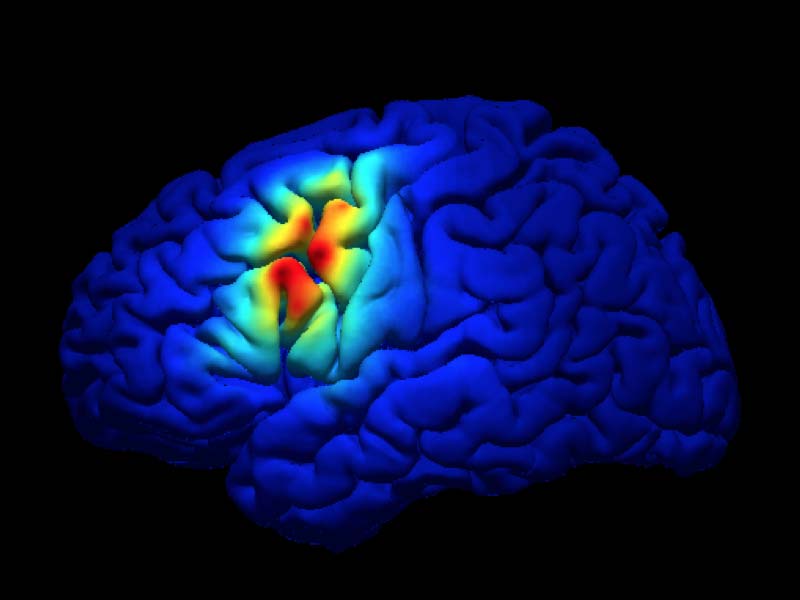
Neural Systems Lab
The Neural Systems Lab at the UW focuses on understanding the brain using computational models and simulations, and applying this knowledge to the task of developing human-like artificial intelligence (AI) and brain-computer interfaces (BCIs).
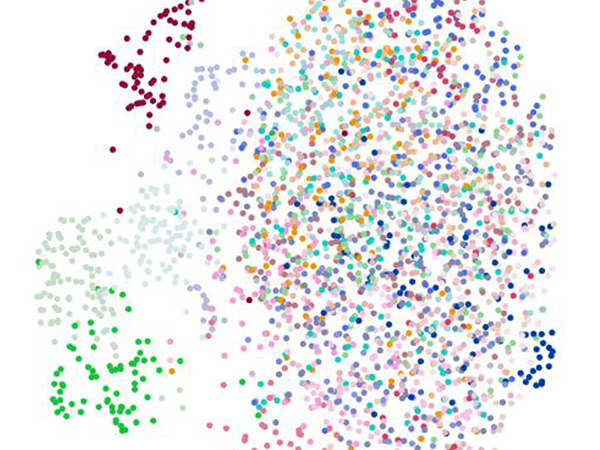
AIMS Lab
The AI for bioMedical Sciences (AIMS) Lab fundamentally advances the way AI is integrated with biology and clinical medicine by addressing novel scientific questions spanning explainable AI, model auditing, disease drivers, and more.
Faculty Members
Centers & Initiatives
The Institute for Medical Data Science (IMDS) is a joint effort among the Schools of Medicine and Public Health and the College of Engineering, including the Allen School to lead the development and implementation of cutting-edge AI and data science methods in medical data science. By harnessing the power of AI across diverse health determinants, IMDS aims to improve patient health, provider satisfaction, and healthcare operations, particularly in the Pacific Northwest region.
The Center for Neurotechnology (CNT) got its start in 2011 as one of several Engineering Research Centers (ERCs) funded by the National Science Foundation. CNT is headquartered at the University of Washington, with core partners at the Massachusetts Institute of Technology and San Diego State University. CNT researchers focus on developing and applying principles of engineered neuroplasticity to revolutionize the treatment of spinal cord injury, stroke and other debilitating neurological conditions.
Highlights
UW News
GeekWire
Allen School News

